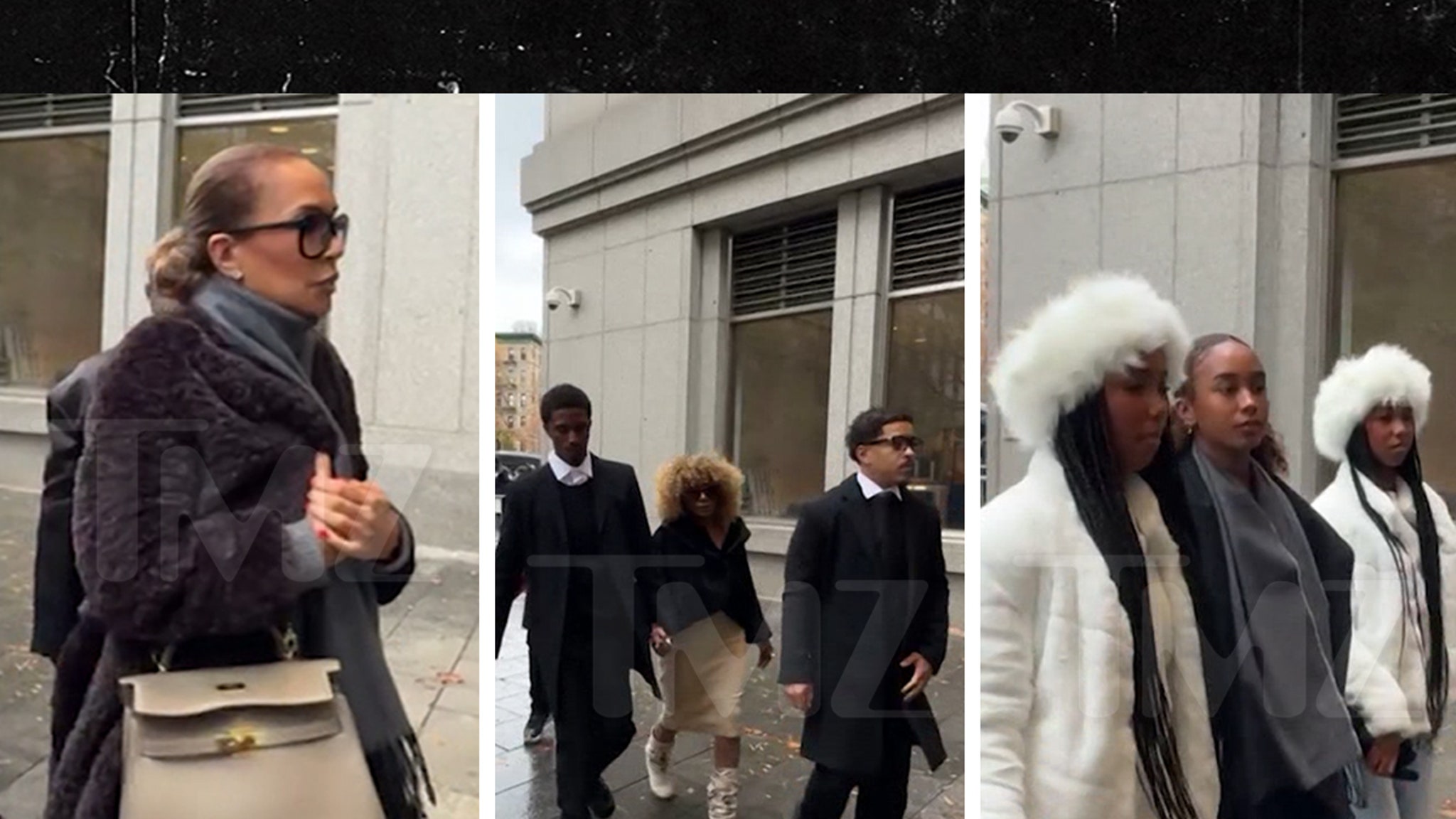Nigeria Jones is a teenager. She’s a warrior princess. She’s a sister. She’s a stand-in mother. She’s a queen. She’s a student. Within the Movement, the Black separatist utopian community founded in West Philadelphia by her parents, Kofi Sankofa and Natalie Pierre, Nigeria is all of these things and none of them. Alongside the Movement’s members, whom Nigeria knows as aunties and uncles, sisters and brothers, Nigeria has spent her life being home-schooled and learning about Blackness—its traditions, its histories, its struggles, its triumphs. The Movement isolates itself from the world, divesting from white supremacist systems, all in service of a vision for the future in which Black communities can thrive, independent from oppressive forces.
But Nigeria’s mother has left, disappeared, and without the woman under whose care and attention the Movement thrived, Nigeria is floundering and filled with doubt. She has internalized her father’s teachings, from his loving, community-oriented leadership to his ire toward all systems, including education, corporate capitalism and health care. Then Nigeria discovers that her mother secured a spot for her at a wealthy private school, and she begins attending classes there. As Nigeria embarks on a journey of self-discovery, she also learns about the world outside the Movement and meets other teens, some Black, some not. As Nigeria moves further from everything she’s ever known, she’s forced to ask: Who is Nigeria Jones?
The best word to describe acclaimed author Ibi Zoboi’s Nigeria Jones is heavy. The novel depicts the horrors of generational trauma while also placing the personal traumas of one girl, one family and one community within a national and even global context. All the while, Zoboi (Pride, Punching the Air) strikes a delicate balance with the story’s political topics, never moralizing or seeking to provide answers but also not leaving things so open-ended as to appear ambivalent. Through Nigeria and her peers’ interactions with the complex, nuanced subjects they encounter, Zoboi offers a flawless depiction of Generation Z’s activist relationship to such topics.
Nigeria’s upbringing and experiences are unique, and her inner world, her thoughts and reactions, feels exceptionally true to life. Zoboi tells a singular story of a singular girl, and Nigeria Jones opens wide and welcoming arms.






